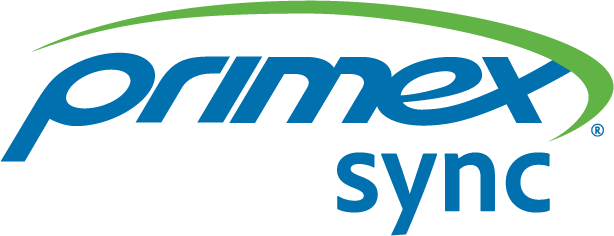While it may seem like a backdrop to patient care priorities, time synchronization plays an important role in the operational efficiency of healthcare facilities. When you think of your facility's operations, consider how often you turn to precision timekeeping to document events or incidents, track asset integrity, and keep patient care on schedule. Is your time system working for you? Or does your organization need to get back in sync?
Time Synchronization in Your Facility
Your staff and patients turn to your time systems for assurance that procedures, medications, updates, and other essential care processes are delivered in an accurate and timely manner.
Healthcare is dependent on accuracy in nearly every aspect. Diagnoses depend on accurate test results. Pain management depends on accurate measurement and dosage. Procedural effectiveness can be defined by millimeters. Time synchronization is a central component to most hospital activities and its accuracy is vitally important.
Asset Integrity and Management
Medical assets can include test samples, vaccinations, and medications, or ingredients of medications. Accurate time tracking of assets is essential to ensure their integrity and efficacy. Time tracking begins when a sample or material enters a facility and follows that asset throughout its lifespan. In many instances, documentation of an asset's delivery, storage, compounding or other preparation, and administration or use is required by regulatory standards and requires time tracking.
Time Tracking Surgeries and Procedures
There are many procedures and surgeries that must adhere to specific time parameters: procedures requiring anesthesia, for instance, or chemotherapy sequences. For example, surgeons need the ability to know actual time as well as elapsed time. In emergency situations, the ability to monitor time in small increments allows treatments to be delivered at the right time. In addition to department-specific procedures, many surgeries and treatments require interdepartmental coordination. For example, organ harvest and donation activities need near-flawless coordination efforts. Similarly, complex cardiac treatments rely on accurate timing between preparation and surgical procedures.
Time Management in the Lab
Laboratories are crucial to hospital program effectiveness, enabling testing that can help quickly diagnose and better treat patients. Labs are particularly vulnerable to errors or non-compliance issues related to time tracking and documentation. For example, knowing with accuracy the time a patient sample was collected can affect test results and, ultimately, patient care outcomes. Knowing your lab is running on synchronized time can empower healthcare providers to deliver treatment with confidence.
Compliance Assurance
Hospital programs can vary significantly between facilities. Some hospitals are focused on pediatrics, while others may be dedicated to cancer treatment. Although hospitals may address different types of healthcare needs, many fundamental operational activities are similar between facilities.
Regulatory compliance helps keep patients and staff safe by measuring healthcare facilities' operations against accepted best practice standards. For example, compliance provides assurance that hazardous drugs are handled properly or that vaccinations maintain a cold chain from manufacturer to patient. Compliance can also be a measure of medical device accuracy.
Many standards and best practice guidelines utilize accurate hospital timekeeping to demonstrate components of compliance. Time synchronization, as related to asset management, procedure outcomes, and laboratory effectiveness, relies on accurate hospital time that is synchronized throughout the facility.
Checking In on Your Clock System Performance
The best way to assess your clock system performance is to audit your current technology, devices, and staff. Perform visual checks for missing or damaged devices. Speak with staff to determine time allocated to routine and other clock system maintenance. Update the system overview to highlight types of devices installed — wireless, hardwired, analog, digital, etc. — and ensure that you have the entire system documented.
As part of this process, current or future construction can become part of your strategy for the best synchronized clock options for your facility. Consider the following:
- Is your current building (or buildings) easy to retrofit for wired systems, or is it best suited for wireless systems?
- Are there plans to expand the building, and what demand for clocks will that create?
Once you have a survey of your current clock system, you can determine your system's performance, current maintenance needs, and future demands. Armed with this information, you can look for a synchronized clock system that will best work for you and your facility.
Primex Sync Synchronized Timekeeping
Primex Sync™ clocks for hospitals help medical professionals maintain accurate time documentation and record keeping in the following ways:
- Recording sentinel events like patient harm, injury, or death
- On-time delivery of medication, testing, and surgical procedures
- Accurate documentation of coded events
- Consistent shift changes for hospital personnel
- Time-based billing and insurance disputes
Whether your facility's needs are best suited to 72 MHz, Bluetooth® Low Energy, Wi-Fi, or Power over Ethernet (PoE), all the Primex Sync solutions work together with the cloud-based OneVue software. Just as this centralized monitoring helps create system efficiencies and improves performance in overall time synchronization, the OneVue platform's data recording and reporting can help identify the correlation between clock accuracy and other aspects of facility operations.
Effectively, organizations will see the positive impact on patient care, organizational efficiency, safety, and operational effectiveness in meeting program goals these time synchronization systems facilitate. Contact us today and get started with Primex solutions at your healthcare facility.






